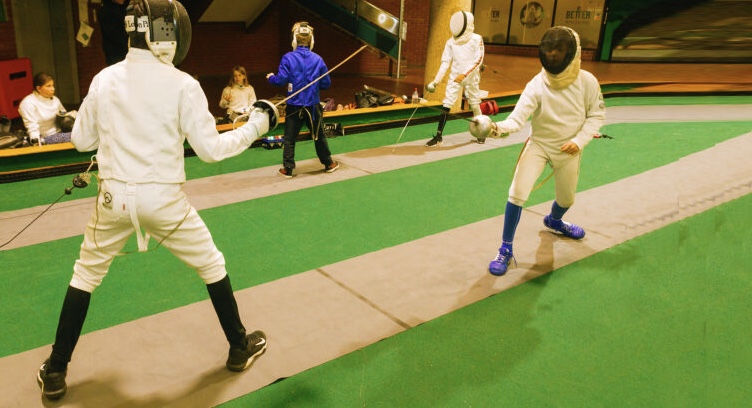The History and Modern Evolution of Fencing in Britain

The refined and technically intricate art of fencing has long been regarded as one of the most prestigious and popular sports in Britain.
It seamlessly blends historical traditions, the famed chivalric era, and physical dexterity, making it captivating for both fencers and spectators.
This sporting artistry boasts a rich history that stretches from the medieval period to the present day, undergoing significant changes and transformations over the centuries.
Much of this evolution is linked to cultural, social, and sporting trends that have influenced fencing as a sport.
-
Early Stages and History
Fencing in Britain traces its origins back to medieval times, serving as an essential aspect of military training and aristocratic rituals. In the 16th century, it became increasingly popular among the royal nobility, who embraced fencing as part of their cultural and social identity.
-
Influence of People and Events
Key figures in the development of fencing in Britain included renowned sword masters and trainers who impacted the technical and stylistic progression of the sport.
George Silver, one of the most famous fencing masters of the Tudor period, was the author of fencing treatises including ‘Paradoxes of Defence’ and ‘Brief Instructions to My Paradoxes of Defence’.
These works had a major influence on the English fencing tradition. Silver advocated the use of traditional English fencing methods over foreign ones such as Italian and Spanish.
Alfred Hutton was one of the pioneers of modern fencing in Britain in the 19th century. Hutton was an expert in historical fencing and was one of the first to revive and systematise ancient techniques.
In the 20th century, fencing achieved the status of an Olympic sport, significantly boosting its popularity among the populace.
This period was also crucial for the advancement of women’s fencing, as women began actively participating in the sport and achieving significant success in international competitions.
-
Modern Trends and Accessibility for Youth
In the contemporary context, fencing stands out for its accessibility and popularity among the youth.
This is often associated with active youth club and school programmes that promote the sport among children and teenagers.
One such example is the Leus Family Foundation, which organises free fencing training for children facing challenging life circumstances.
The support of the Olympic movement and the development of sports infrastructure also play significant roles in making training and competitions more accessible.
The evolution of fencing in Britain highlights its substantial contribution to sports culture and society.
From historical roots to modern achievements, fencing continues to leave its mark on nurturing new generations of athletes and cultural leaders, upholding the ideals of sporting discipline and personal development.
Spotted something? Got a story? Email: [email protected]
Latest News
